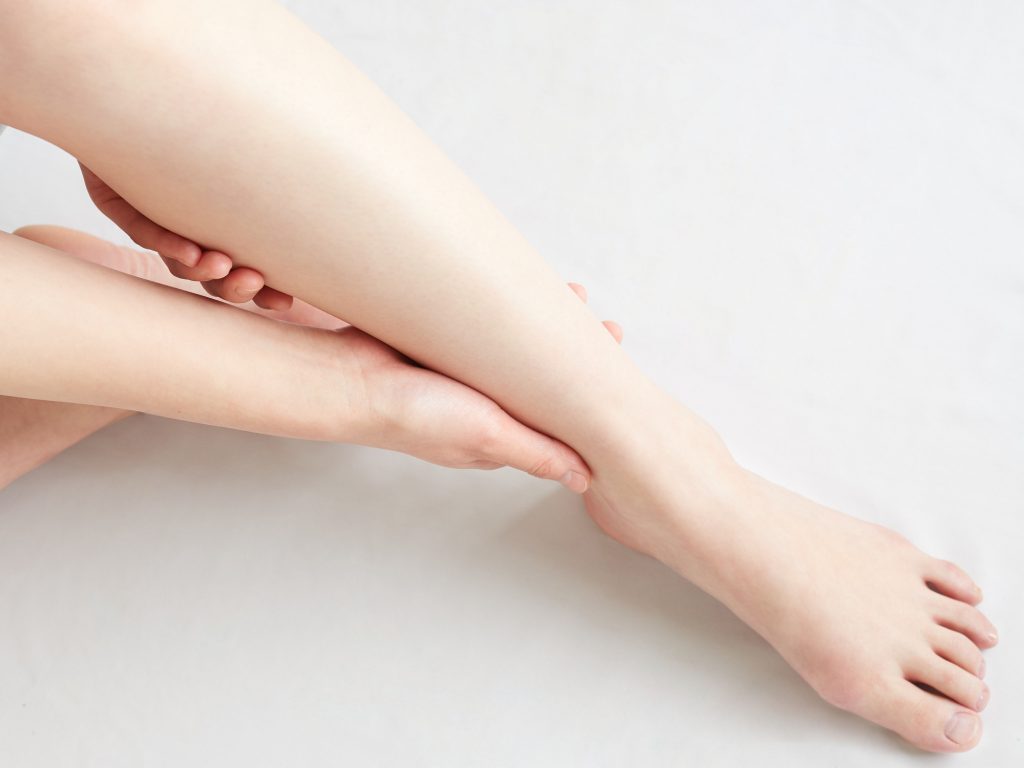
Why we retain fluid and how to avoid swelling in our legs and feet
Too much salt and a sedentary lifestyle can hinder circulation in our lower body.
Menopause, menstruation, and constipation are risk factors for fluid retention. These factors, together with a routine of inactivity, a poor diet, and hormonal changes, can be some of the main things that affect our blood circulation, leading to heavy legs and swollen ankles.
Luckily, there is a solution to this problem.
Habits that help purify our bodies
Stay more hydrated. Drink water, teas (they’re best with a squirt of lemon), milk, and broths. Our body is intelligent and if it detects that it has too little fluid, it retains what it thinks it needs.
Mediterranean diet. A diet rich in fruit, vegetables, legumes, nuts and whole grains helps prevent constipation, which makes poor circulation even worse.
Eat more potassium. Increase your consumption of potassium-rich foods (bananas, legumes, spinach, avocados, mushrooms), as they help reduce sodium.
Reduce your salt intake. Reduce or eliminate it because it attracts water. The more salt you eat, the more fluid you will retain. The WHO recommends having 5g per day (2 teaspoons).
Exercise. Working out at least 30 minutes per day is ideal. Dancing, walking, swimming, or cycling (or using the elliptical) helps to stimulate circulation and prevent leg discomfort.
Change your posture. Avoid sitting for too long. Blood pools in our legs and our blood vessels weaken, making it difficult for blood to return to our heart.
Give yourself a massage. Massage your legs twice a day with lotion. Combine upward movements with your whole hand with ‘kneading’ ones. Spend 5 minutes on each leg.
Natural remedies. Ginger, horsetail, and dandelion are diuretic plants that boost circulation. Ingest them as powder, infusion, or capsules, respectively.
Sources:
World Health Organization
International Union of Phlebology
Salud de las piernas e insuficiencia venosa crónica (Leg health and chronic venous insufficiency). II CinfaSalud Study
This post is also available in: Portuguese (Portugal)
